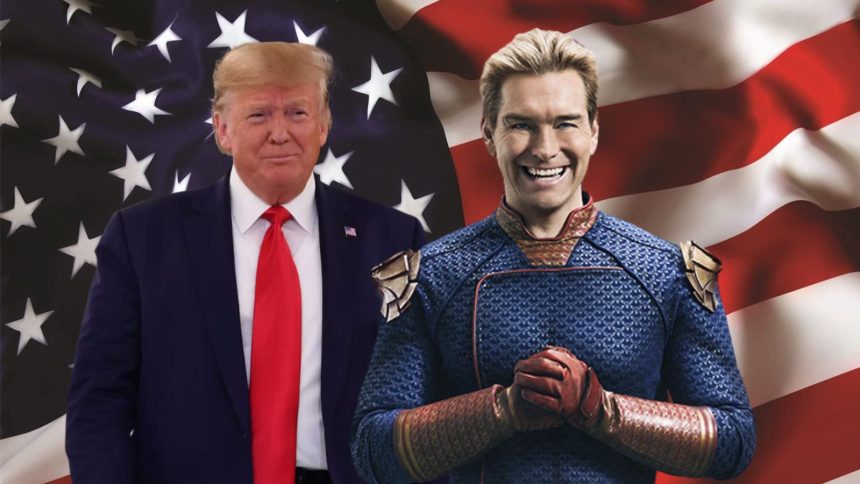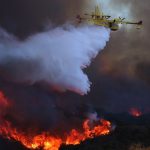The Boys: A Deconstruction of the Superhero Genre and Reflection of Societal Anxieties
Amazon Prime Video’s The Boys has captivated audiences with its audacious deconstruction of the superhero genre, presenting a darkly comedic and often graphic exploration of power, celebrity, and the corrupting influence of unchecked authority. As the series approaches its fifth and final season, its relevance continues to resonate, mirroring contemporary anxieties about political leadership and societal divisions. The show’s creator, Eric Kripke, has consistently pushed the boundaries of conventional superhero narratives, opting to delve deeper into the psychological complexities of his characters while reflecting the ever-shifting landscape of the real world.
Season four, in particular, marked a turning point for the series, shifting towards a more introspective exploration of the characters’ core traumas. Kripke emphasized the importance of delving into the underlying motivations and vulnerabilities of each individual, exposing the raw emotions that drive their actions. From Hughie’s abandonment issues to Homelander’s twisted upbringing and Butcher’s relentless pursuit of vengeance, the characters’ pasts become intertwined with their present struggles, amplifying the emotional stakes and creating a sense of profound vulnerability even amidst the chaotic action and dark humor.
The show’s willingness to engage with contemporary political themes, albeit through the lens of a satirical superhero narrative, further distinguishes it from traditional genre fare. While Kripke acknowledges the inherent political nature of The Boys, he emphasizes the importance of questioning authority and challenging simplified solutions to complex problems. The series doesn’t shy away from exploring the dangers of blind faith in charismatic leaders who promise salvation, drawing clear parallels to real-world figures who exploit fear and division for personal gain. This intentional mirroring of societal anxieties, coupled with the show’s outrageous and often shocking scenarios, creates a compelling and thought-provoking viewing experience that transcends mere entertainment.
The production of the final season has presented unique challenges, as the writers grapple with the ever-evolving political climate while simultaneously crafting a satisfying conclusion to the intricate character arcs. Kripke reveals the fluidity of the writing process, highlighting the need to adapt to real-world events and incorporate new developments into the narrative. This responsiveness to contemporary issues ensures the show’s continued relevance and allows for a deeper exploration of the themes that have resonated with audiences throughout its run. Despite the evolving context, Kripke maintains that the core narrative trajectory remains intact, with each character’s arc reaching a predetermined climax in the final season.
Over the course of nine years, from the initial pitch to the final season’s production, Kripke has experienced significant personal and professional growth. He expresses a profound appreciation for the unique collaborative environment fostered by the cast and crew, characterizing them as a family. The demanding nature of the show has also transformed him into a reluctant news junkie, a consequence of the need to stay abreast of current events to inform the narrative. However, amidst these challenges, Kripke expresses a newfound respect for the superhero genre, recognizing its capacity to inspire and offer positive role models. He distinguishes between the idealized portrayal of superheroes in fiction and the potentially dangerous implications of real-world figures who embody similar traits.
Finally, Kripke offers a playful hypothetical scenario, imagining a clash of egos between Homelander, the show’s narcissistic and unstable superhero, and Donald J. Trump. He envisions a power struggle between two individuals who demand unwavering attention and dominance, suggesting their shared need for control would inevitably lead to conflict. This hypothetical interaction serves as a microcosm of the show’s broader themes, highlighting the dangers of unchecked power and the fragility of even the most seemingly invincible figures. The impending final season promises a culmination of these interwoven themes, bringing the characters’ journeys to a close while leaving audiences with a lasting commentary on the complexities of power, heroism, and the human condition.



